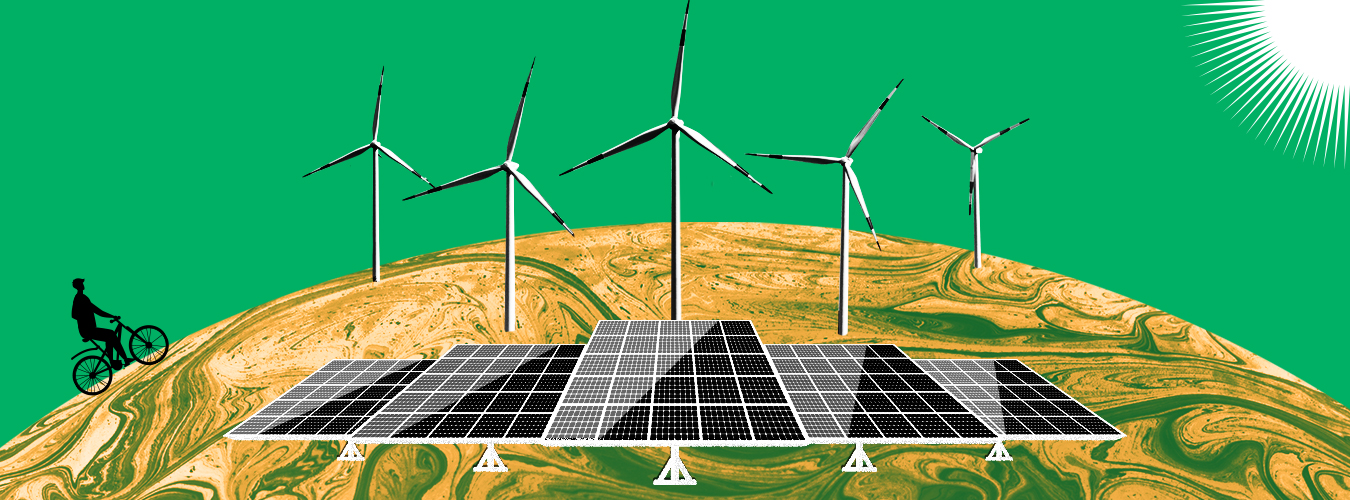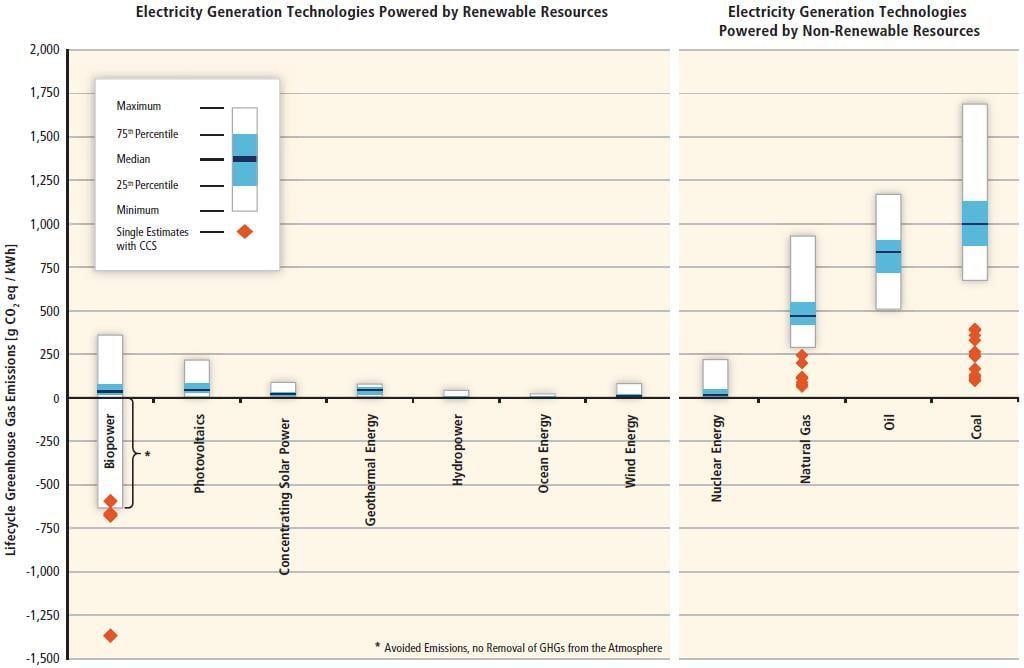
Renewable energy sources are pivotal in addressing environmental issues, particularly climate change and pollution. These clean energy options, which include solar, wind, hydroelectric, biomass, and geothermal power, provide a range of ecological advantages compared to traditional fossil fuels. This report explores how renewable energy positively impacts the environment.
Reduction of Greenhouse Gas Emissions

One of the most significant benefits of renewable energy is its capacity to lower greenhouse gas emissions. According to the United Nations, fossil fuels account for over 75% of global greenhouse gas emissions and nearly 90% of all carbon dioxide emissions. To mitigate climate change, a substantial transition from these energy sources to clean and renewable options is necessary. Renewable energy generally emits little to no greenhouse gases during operation, greatly reducing the carbon footprint associated with energy generation[5].
For instance, renewable energy sources like wind and solar do not emit carbon dioxide during their electricity generation phases. This contrasts starkly with fossil fuels, which contribute significantly to global warming through emissions of various pollutants like carbon dioxide and sulfur dioxide. Data from the Union of Concerned Scientists highlights that the life-cycle emissions from burning natural gas or coal for electricity are significantly higher than those from renewable sources, further advocating for a shift towards renewables to expedite emission reductions[3].
Improving Air and Water Quality

Transitioning to renewable energy also significantly improves air and water quality. Fossil fuel combustion releases harmful pollutants linked to respiratory and cardiovascular health issues, while renewable sources such as wind and solar produce energy without air pollution emissions. The World Health Organization cites that about 99% of global populations breathe air exceeding safe quality limits, mainly due to pollution from burning fossil fuels. This pollution is connected to millions of premature deaths each year[4][5].
Additionally, renewable energy technologies have a lower impact on water resources. For example, wind and solar installations require minimal or no water to operate, while fossil fuel extraction and processing often lead to significant water contamination and depletion. Hydroelectric power, while impactful on river ecosystems, generally uses water in a more sustainable manner compared to the consumption associated with fossil fuel plants[3][4].
Economic and Employment Benefits

Investing in renewable energy is not just an environmental necessity but also an economic opportunity. The growth of the renewable sector has already generated numerous jobs, reportedly three times more per unit of electricity generated than fossil fuel jobs. More than 14 million jobs could be created in clean energy sectors by 2030, indicating that transitioning to renewable energy not only helps the environment but can also stimulate economic growth and job creation[5][7][8].
Furthermore, as renewable energy technologies advance and costs drop—solar energy costs have fallen by over 70% within a decade—more investments in these technologies become feasible. The declining costs of renewables encourage wider adoption, allowing countries to enhance their energy independence while reducing reliance on imported fossil fuels. The International Energy Agency anticipates that renewable energy could supply 90% of global electricity needs by 2050, showcasing its potential to fulfill substantial energy demands sustainably[5][10].
Enhancing Energy Resilience and Security

Diversifying energy sources through renewables also contributes to energy resilience. Renewable energy systems, especially when distributed across a broad geographic area, are less prone to large-scale failures. Storms or other natural disasters may damage individual renewable installations, yet the overall energy supply remains intact. This is unlike traditional fossil fuel systems, which may face complete outages due to concentrated infrastructure[4][11].
Moreover, increased reliance on domestic renewable resources can reduce geopolitical risks tied to fossil fuel dependence, such as price spikes due to political instability in oil-producing regions. By advancing local renewable energy initiatives, countries can enhance energy security and stability, further protecting their economies from volatile global energy markets[1][9].
Waste Management Solutions

Lastly, renewable energy technologies, particularly biomass, provide innovative solutions to waste management. Biomass energy sources utilize organic waste, thereby reducing landfill contributions and minimizing methane emissions, a potent greenhouse gas released from organic waste decomposition in landfills. This dual benefit not only contributes to energy generation but also helps address waste disposal issues[1][4].
Conclusion

The environmental benefits of renewable energy sources are substantial and multifaceted. By reducing greenhouse gas emissions, improving air and water quality, fostering economic growth and job creation, enhancing energy security, and facilitating waste management, renewables emerge as a pivotal component in achieving a sustainable and healthful planet. Transitioning from fossil fuels to renewable energy is not only a strategic environmental imperative but also an opportunity for global economic advancement and social improvement.
Get more accurate answers with Super Pandi, upload files, personalized discovery feed, save searches and contribute to the PandiPedia.
Let's look at alternatives:
- Modify the query.
- Start a new thread.
- Remove sources (if manually added).